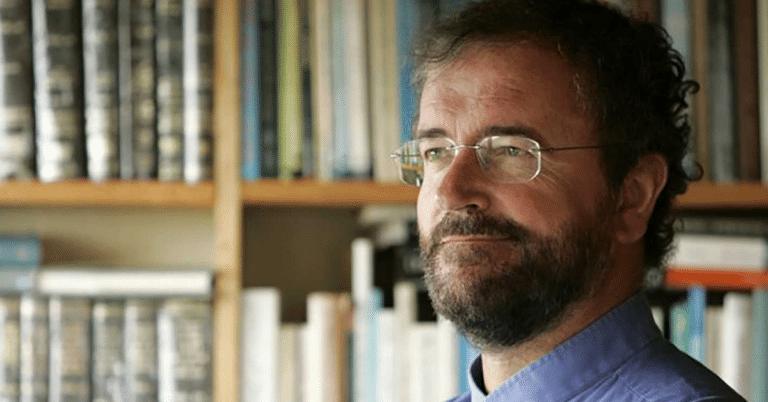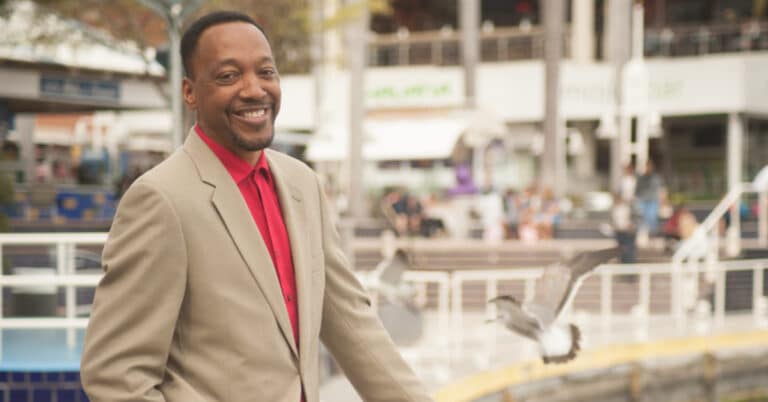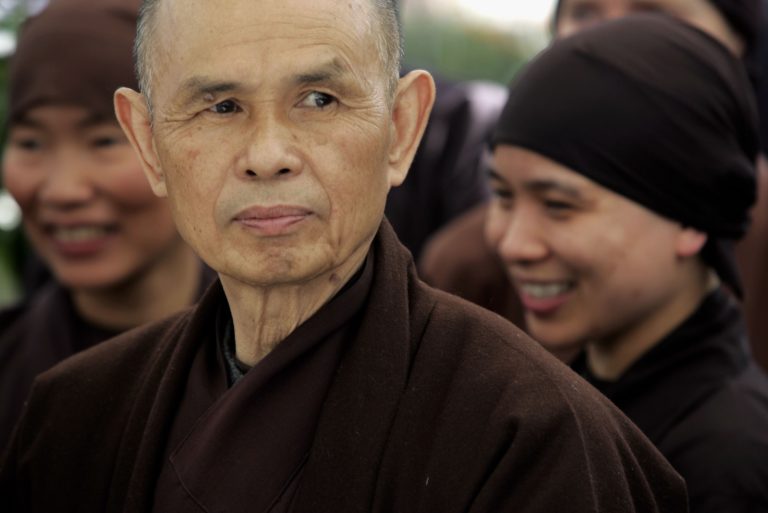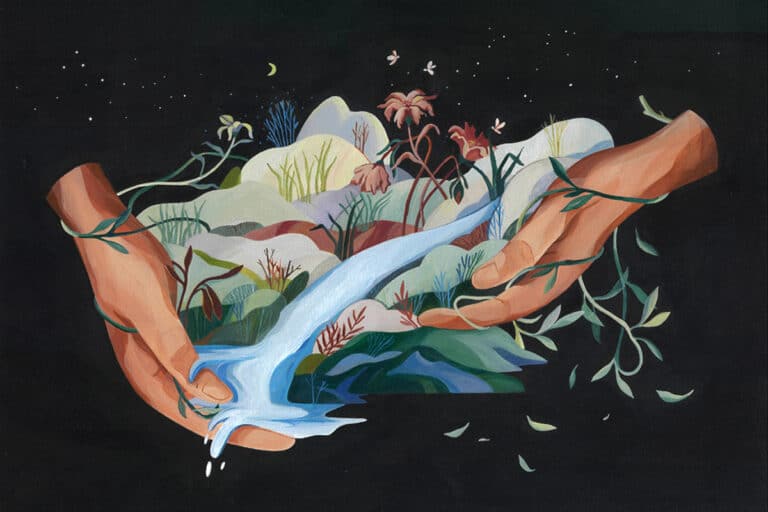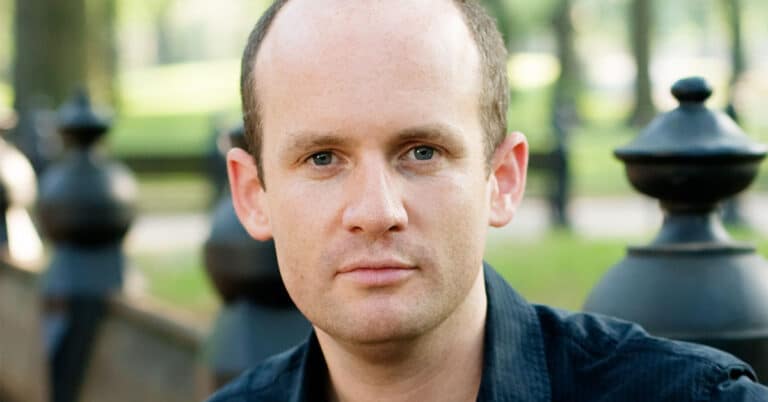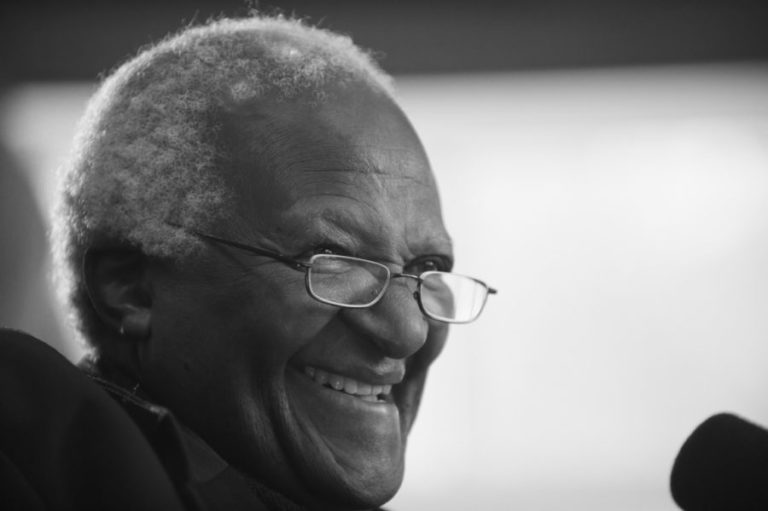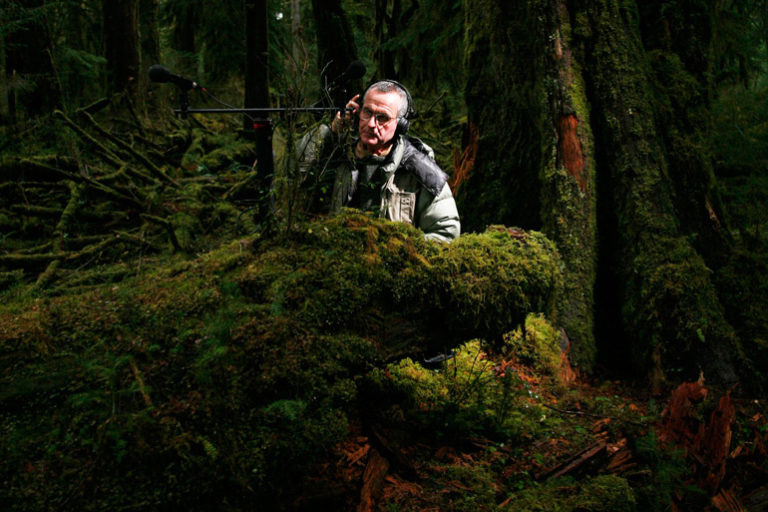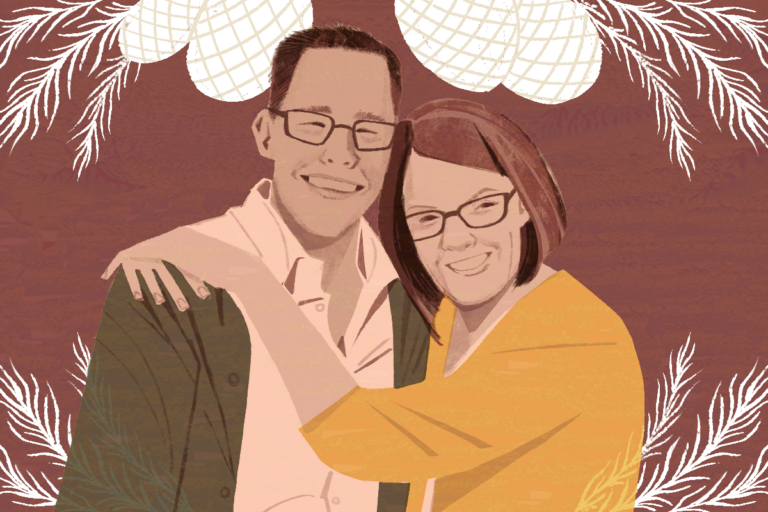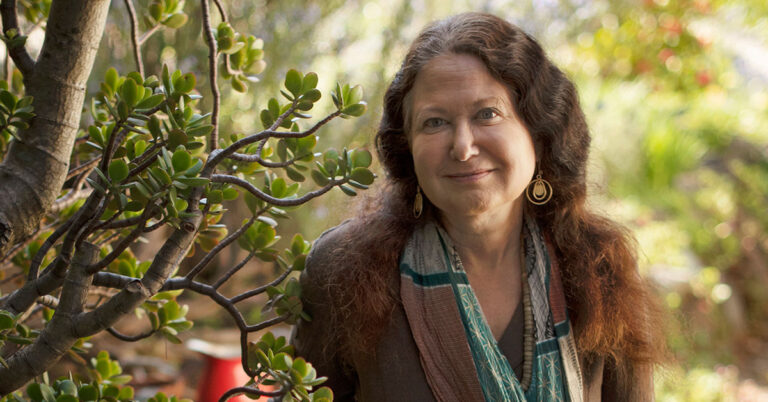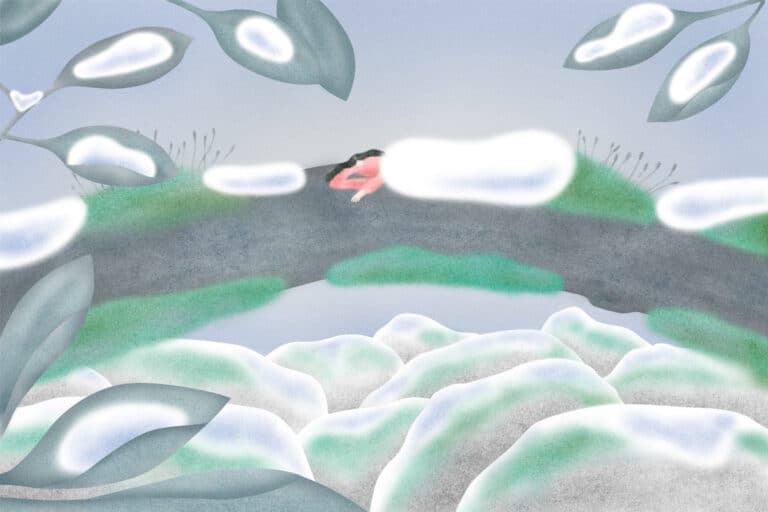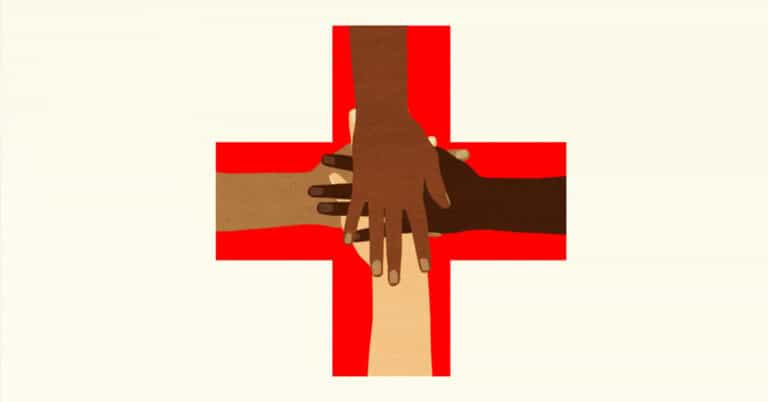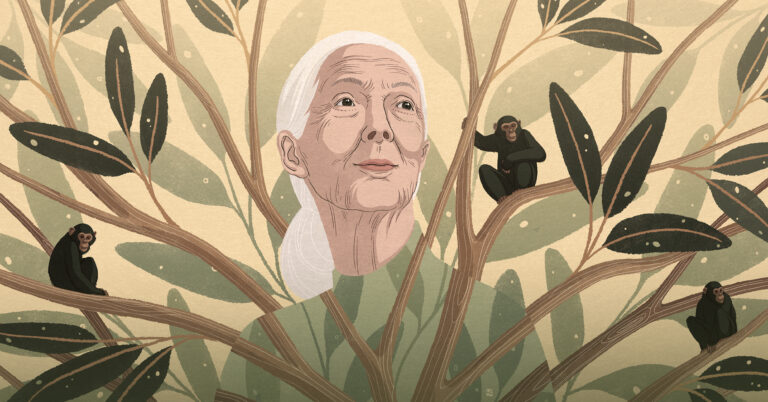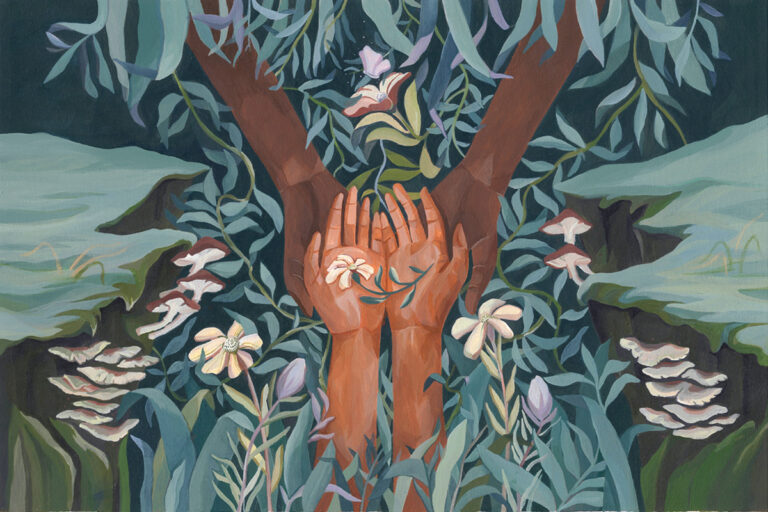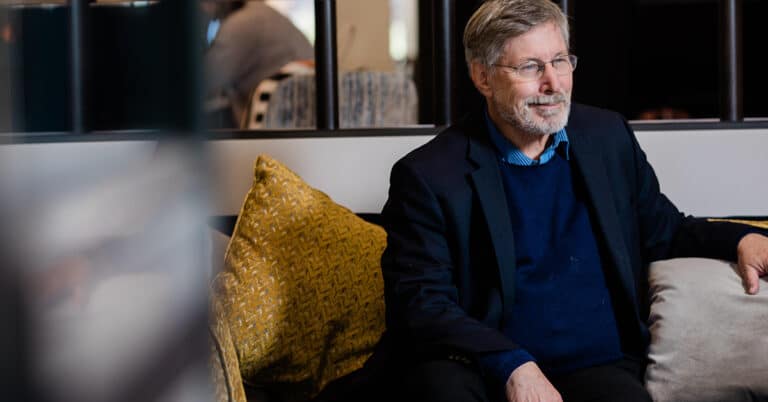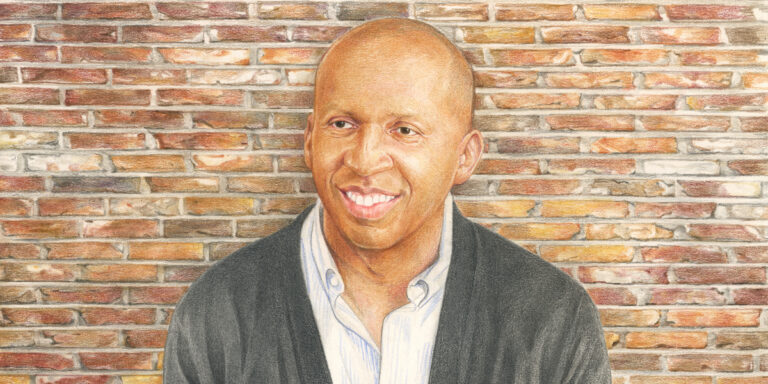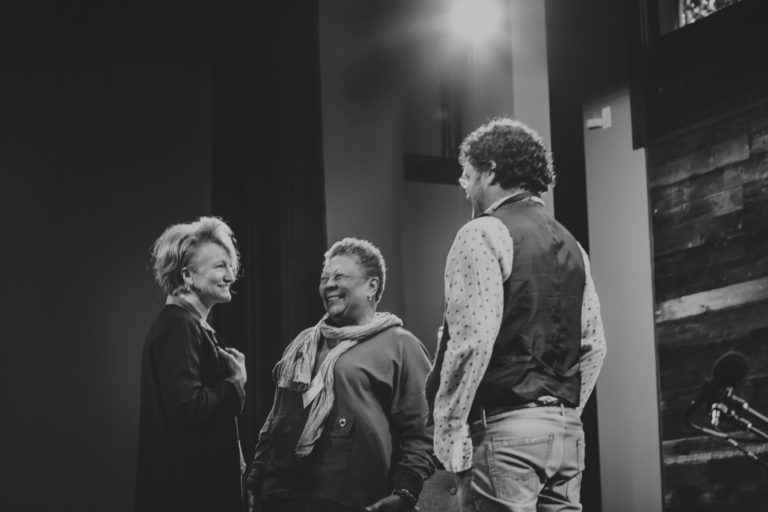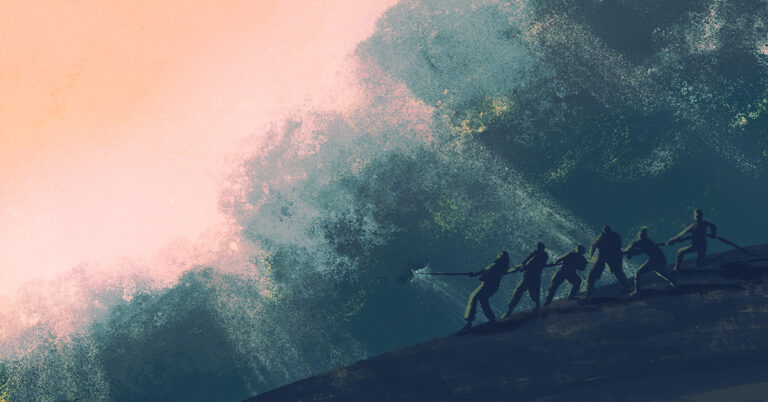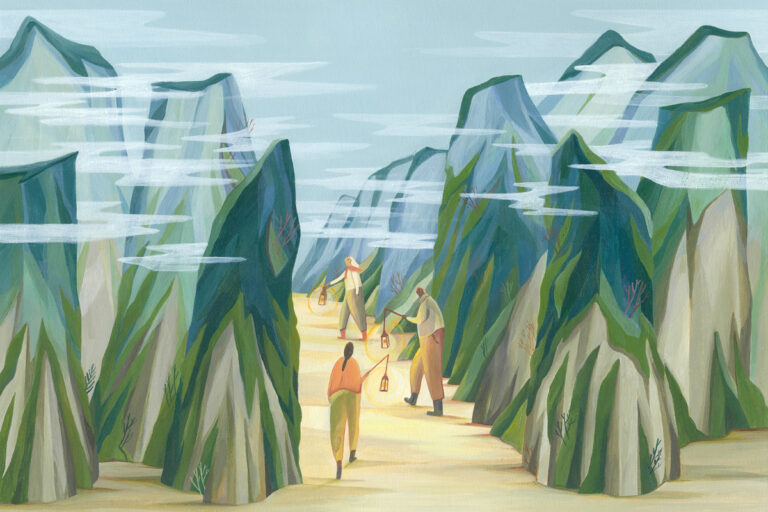February 10, 2022
John O’Donohue
The Inner Landscape of Beauty
No conversation we’ve ever done has been more beloved than this one. The Irish poet, theologian, and philosopher insisted on beauty as a human calling. He had a very Celtic, lifelong fascination with the inner landscape of our lives and with what he called “the invisible world” that is constantly intertwining what we can know and see. This was one of the last interviews he gave before his unexpected death in 2008. But John O’Donohue’s voice and writings continue to bring ancient mystical wisdom to modern confusions and longings.






